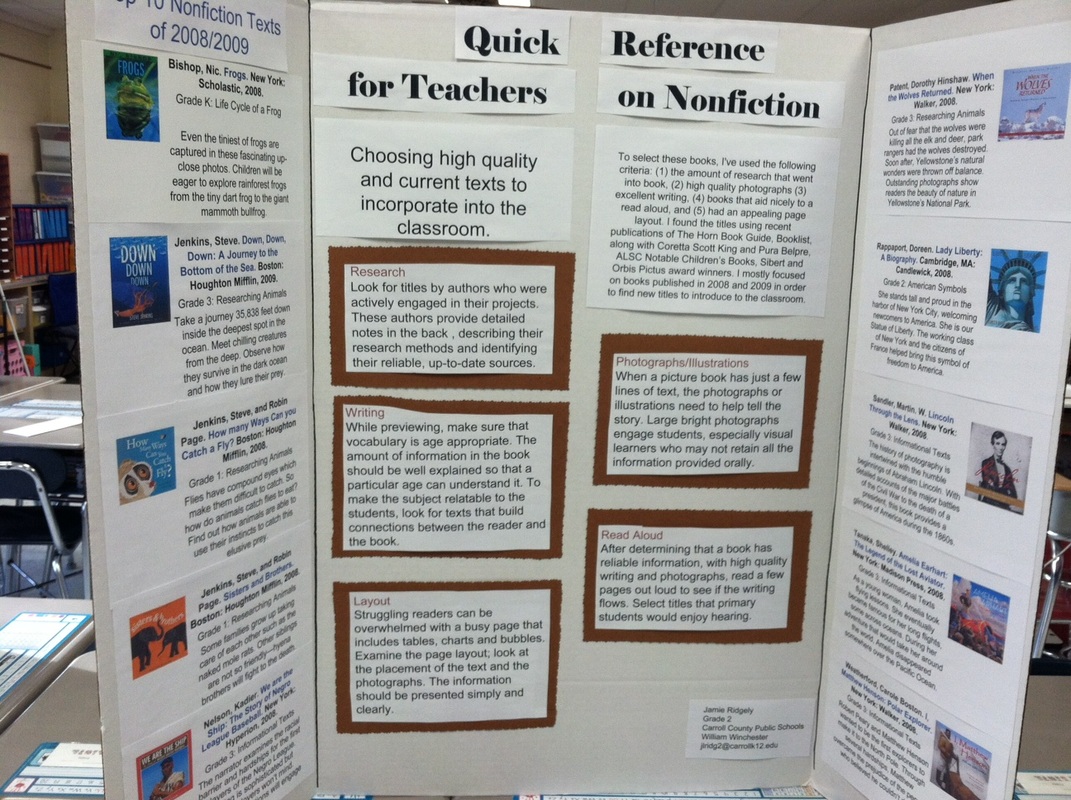Standard 4.1 Networking with the Library Community: Candidates demonstrate the ability to establish connections with other libraries and to strengthen cooperation among library colleagues for resource sharing, networking, and facilitating access to information.
| Artifact |

